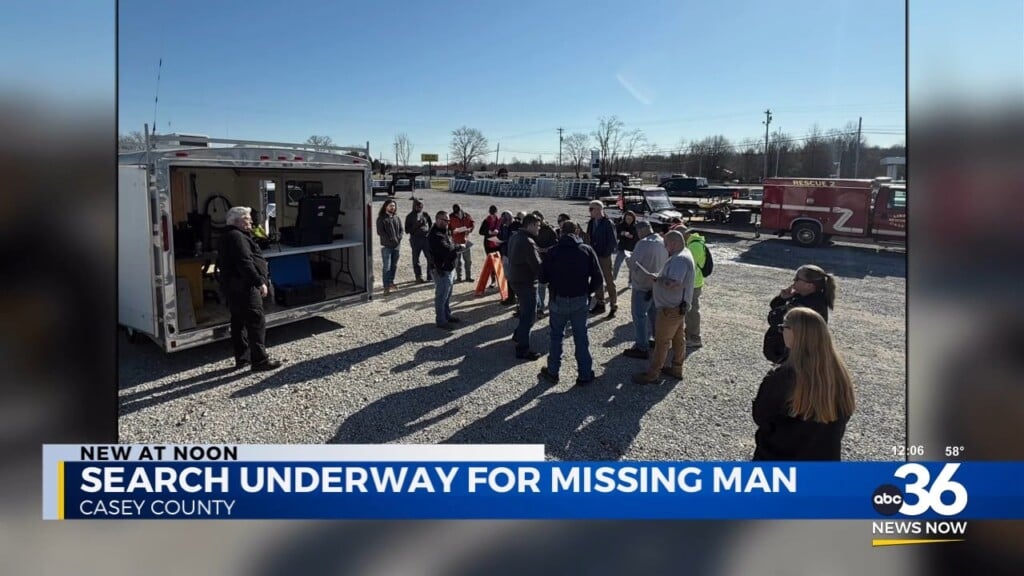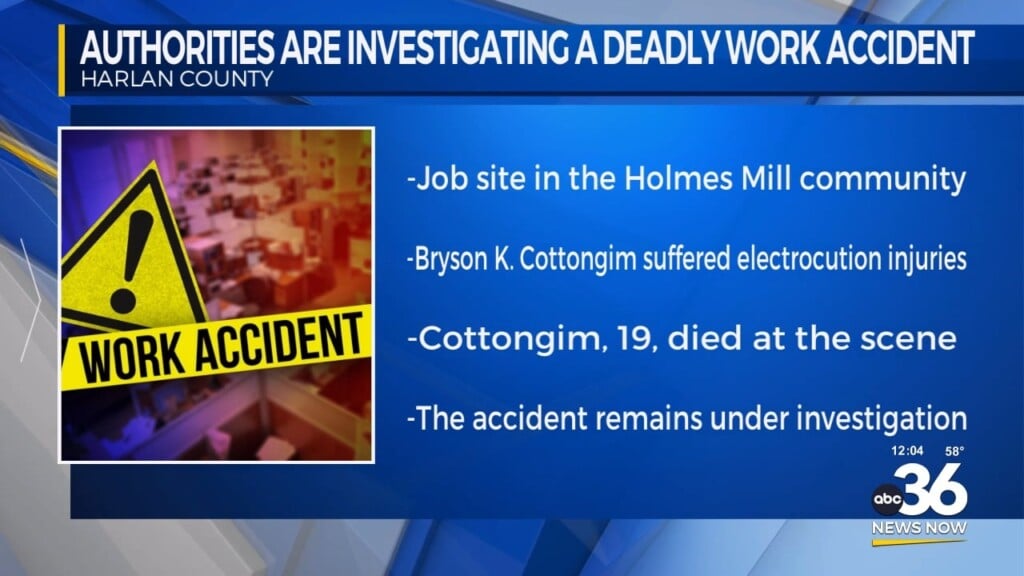Kentucky’s real-life “Ordinary Angel” shares inspiration behind hit movie
(WTVQ) — “Ordinary Angels,” based on a true story that happened in Louisville during the snowstorm of 1994, officially hit movie theaters nationwide in February.
Sharon Stevens — the woman whose heroic efforts prompted an entire community to help a three-year-old girl in desperate need of a liver transplant — recalls the day she read about Michelle Schmitt’s story in the Courier-Journal.
“When I saw that newspaper, and I couldn’t walk away,” says Stevens. “I would have to classified into a true calling. It grabbed me. I couldn’t eat, couldn’t sleep.”
Ed Schmitt had recently lost his 29-year-old wife to a respiratory illness and was now trying to raise two girls — Michelle and her older sister, Ashley — both under age 5. The girls suffered from a deadly liver condition called biliary atresia, a condition in infants in which the bile ducts outside and inside the liver are blocked, and required liver transplants to survive. Adding to the family’s crisis were heaps of insurmountable medical bills.
Stevens felt moved to take action, but didn’t know how. Without an address or a phone number, she attended the girls’ mother’s funeral to meet the family.
“I went and paid my respects and I met the little girls and I could never walk away from them,” Stevens recalls.
Initially shy and reserved, the girls slowly began to warm up to Stevens.
“I guess a little bit of the little girl was coming out in me,” she says. “And I found myself when I play with them, you know, I was becoming a child, too. I was healing, I was experiencing things that I didn’t have either.”
By the time Stevens met the girls, Ashley had already received her liver transplant. Stevens made it her personal mission to make sure Michelle would receive hers, too.
It started by raising money to help with some of the medical bills that never seemed to stop coming. Little did she know her most heroic act would be single-handedly rallying an entire community to action amid a historic snowstorm in 1994 — the same day Michelle’s call finally came.
A liver had become available. Michelle needed to get to Omaha, Nebraska immediately.
“The odds of a snow fall on on the day her call came,” Stevens says. “But I had pre arranged a jet team. And we were ready. We just weren’t expecting the snow.”
January 16th, 1994.
Kentucky was pummeled by ice, snow and subzero temperatures, bring the city of Louisville to a complete standstill.
Stevens recruited community members to clear a landing spot in the parking lot of Southeast Christian Church with shovels for the helicopter that would ultimately take Schmitt to Omaha.
“I mean, people were coming from everywhere,” says Stevens. “We had trucks and snow plows show up. But it was already done by people risking their own lives in that weather, you know, shoveling the snow. And they had it done before the snow plows. We didn’t have time to wait for that.”
Michelle was successfully flown to Omaha where she finally received her long-awaited transplant. Meanwhile, Stevens was documenting the members of the community and the series of events that made everything possible.
“I started writing down things, to keep records of people that helped and, and the order of how it was happening, and it ended up in a book,” she explains.
That book, Ordinary Angels, is now a motion picture currently in theaters. In the film, Stevens is portrayed by actress Hilary Swank.
“She’s adorable. She’s a beautiful person,” says Stevens. “I’ve got to spend some time with her mother, and brother, and in laws and her and when I walked up to her, she looked at me, I said, ‘I let you in my head.’ And she says, ‘You haven’t left!’ She’s amazing.”
The movement that inspired the movie remains a testament to the power of friendship, love, compassion and faith.
“Things went so smooth. Fundraising, if I needed something, I think how am I gonna do this? It showed up. Everything was natural,” Stevens recalls. “And something much more powerful than anybody on this earth had a hand in this. And it was captured on screen.”
A movement that started with action — sparked by a calling.
“It’s like I was put on earth to do exactly what I did.”



